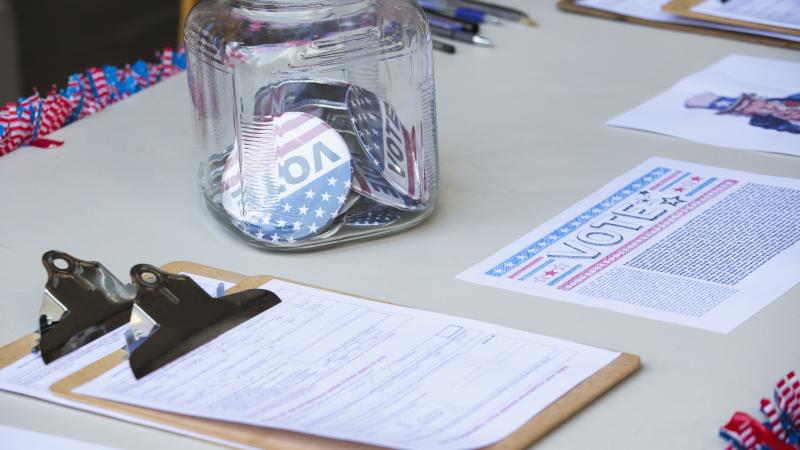Pennsylvania's approach to sealing criminal convictions could go national
A criminal justice reform that started in Pennsylvania to clear previous convictions may become the standard in federal law.
A criminal justice reform that started in Pennsylvania to clear previous convictions may become the standard in federal law.
Two criminal justice reform bills, the Clean Slate Act and the Fresh Start Act, would “enable people with federal arrest and conviction records to petition to clear those records and support increased access to automatic record sealing for eligible offenses at the federal and state levels,” as described in a press release from the Clean Slate Initiative, a pro-reform group.
Pennsylvania passed a Clean Slate Act in 2018 that automated sealing criminal records. About 1.2 million Pennsylvanians have benefited from the sealing since it took effect in 2019. As The Center Square previously reported, the General Assembly has discussed expanding the law to include low-level felonies as well.
The federal law has received bipartisan support from Pennsylvania lawmakers.
“From my time as a defense attorney and as a district judge in Pennsylvania, I saw first-hand, up-close-and-personal what a stigma a criminal record has on somebody and how that impacts the ability to reenter society once debts are paid to society,” Rep. Guy Reschenthaler, R-Pennsylvania, said during a press conference. “It’s everything – employment, education, where one wants to live. We need to pass this legislation so those individuals can have the chance to fully partake in the economy and also reduce recidivism rates.”
Reschenthaler noted that roughly 3 million Pennsylvanians have a criminal record and called it “a huge issue,” with most of them being “low-level, non-violent offenses.”
“These measures are bipartisan, common-sense solutions that will remove barriers to employment and invest in our nation’s future,” said Sen. Bob Casey, D-Pennsylvania.
The Clean Slate Act would seal criminal records while the Fresh Start Act would create a federal program for states to get grants to set up an automatic process for sealing records.
The law would not apply to felony convictions.
Advocates argue sealing convictions could boost the job prospects of ex-prisoners and lower costs for states. A recent report on recidivism in Pennsylvania prisons noted that people who are rearrested has been steady for 15 years, with 75% of those who recidivate do so within 16 months.














